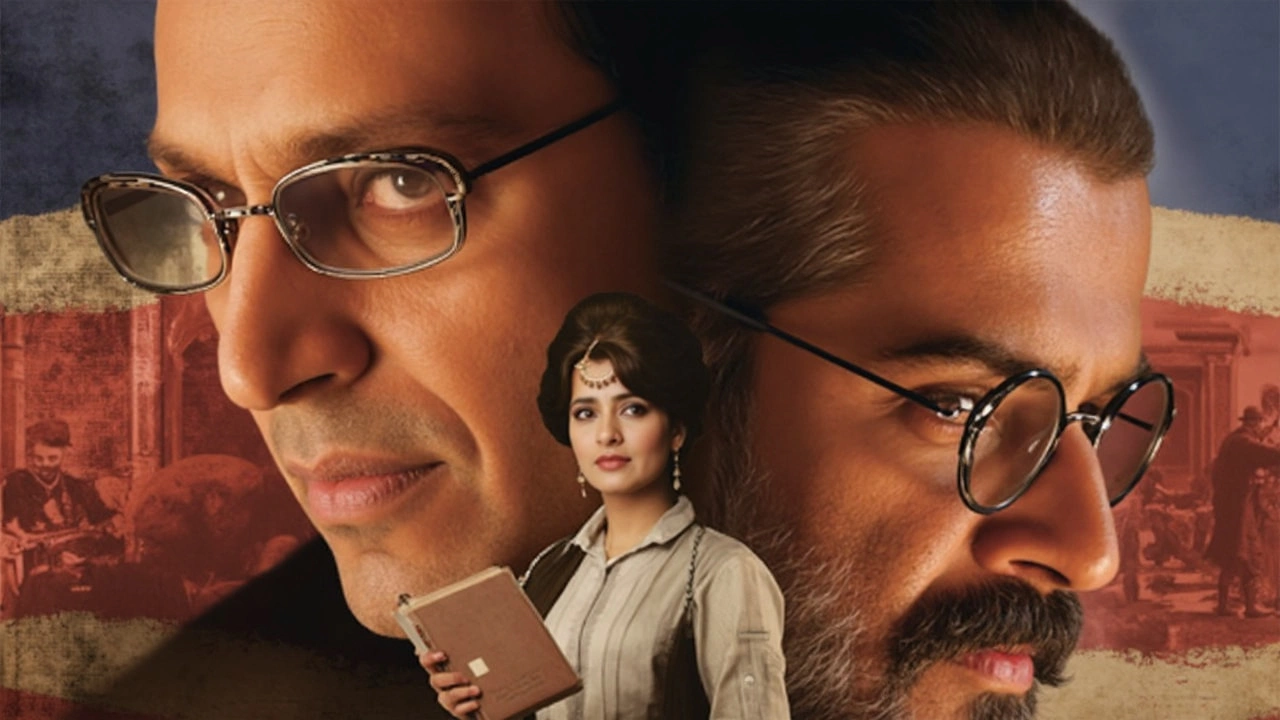The Courtroom as a Stage for Patriotism
It’s not every day a film transforms a courtroom into the heart of a revolution, but Kesari Chapter 2 does just that. Directed by Karan Singh Tyagi, this drama puts the legendary Jallianwala Bagh massacre on trial—not just for history buffs but for anyone craving a story about standing up to oppression. With Akshay Kumar at its center as Shankaran Nair, a British-educated lawyer willing to risk everything against the mighty Empire, the film makes its ambitions clear: the fight for justice is loud, proud, and bigger than life.
The story kicks off in a way that makes you feel the suffocating grip of colonial rule. Nair, played with steady conviction by Akshay Kumar, is no ordinary barrister. He’s got candor, courage, and, more than anything, a hunger for truth. The script throws him across the legal chessboard against R Madhavan’s Neville McKinley, the empire’s slick legal ace with a cold glare. Stuck right in the middle is Ananya Panday as Dilreet Gill, eager apprentice and emotional anchor who grounds Nair when the going gets tough.
What sets the movie apart isn’t just its bold retelling of the events that followed the Jallianwala Bagh massacre. It’s the way the movie invites audiences to join the emotional battle, packing its dialogues with charge and championing the spirit of resistance. Inside the wood-paneled courts, thunderous speeches roll off the characters’ tongues, aiming to whip up a sense of national pride—sometimes subtle, often not.
Fact Meets Fiction, and the Sparks Fly
Kesari Chapter 2 dances on the edge between actual history and what-ifs, and it’s not shy about that. The screenplay leans heavily on creative license. Those moments when Mahatma Gandhi seemingly applauds Nair’s efforts, for example? There’s no real record of that—it’s all part of the myth-making. But in this kind of movie, that doesn’t seem to matter much. What matters is the feeling it leaves the crowd with: anger at injustice, sadness for the lost, and a fiery desire for accountability.
The way the massacre is shown—haunting, visceral, and almost raw in its depiction—makes it impossible to look away. The aftermath is treated with care but doesn’t flinch from displaying the cost of colonial arrogance. The camera lingers on faces twisted with grief, exploiting silence as much as words to show just how deep the wounds really run. If you’re after cinema that downplays its message, look elsewhere. Kesari Chapter 2 demands you take sides.
It’s not all history, though. Popcorn moments abound, especially in the courtroom scenes where tempers clash and the script goes for the jugular with pointed jabs at the British regime. The movie isn’t subtle about its intent to rally audiences, and it leverages every trope in the patriotic playbook to make its message stick. Nair’s character, with Akshay Kumar’s trademark resolve, is less a man than a symbol—standing as the voice for those who were silenced by brutality.
This is a film of its era because it knows what buttons to press and when. It waves the flag with pride and sinks its teeth into populist sentiment, refusing to shy away from setting its own tone even as it courts debate over historical accuracy. Whether you’re drawn by the spectacle, the performances, or the heat of its message, one thing’s clear: Kesari Chapter 2 makes sure you feel every second of its fight for justice.
